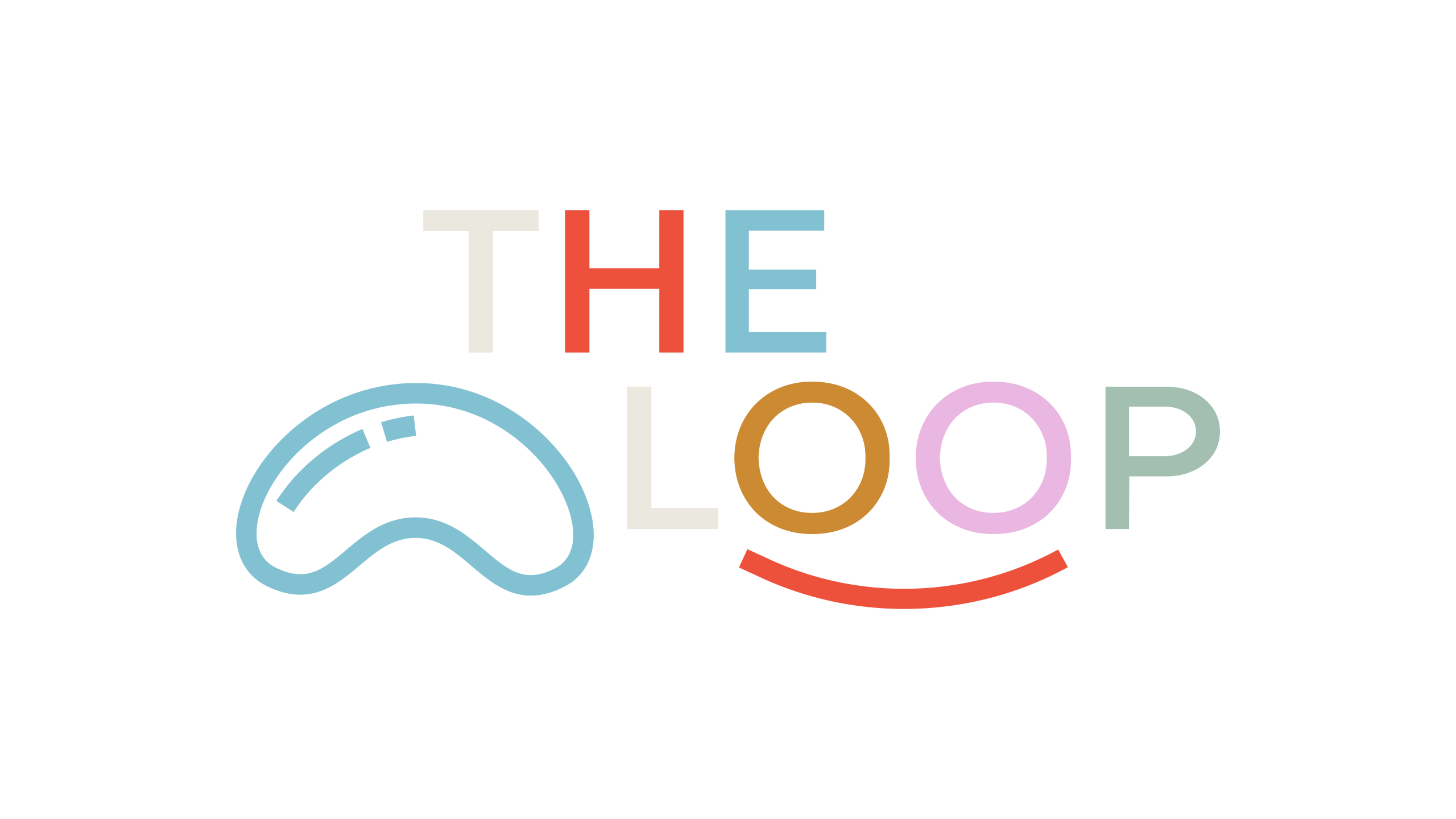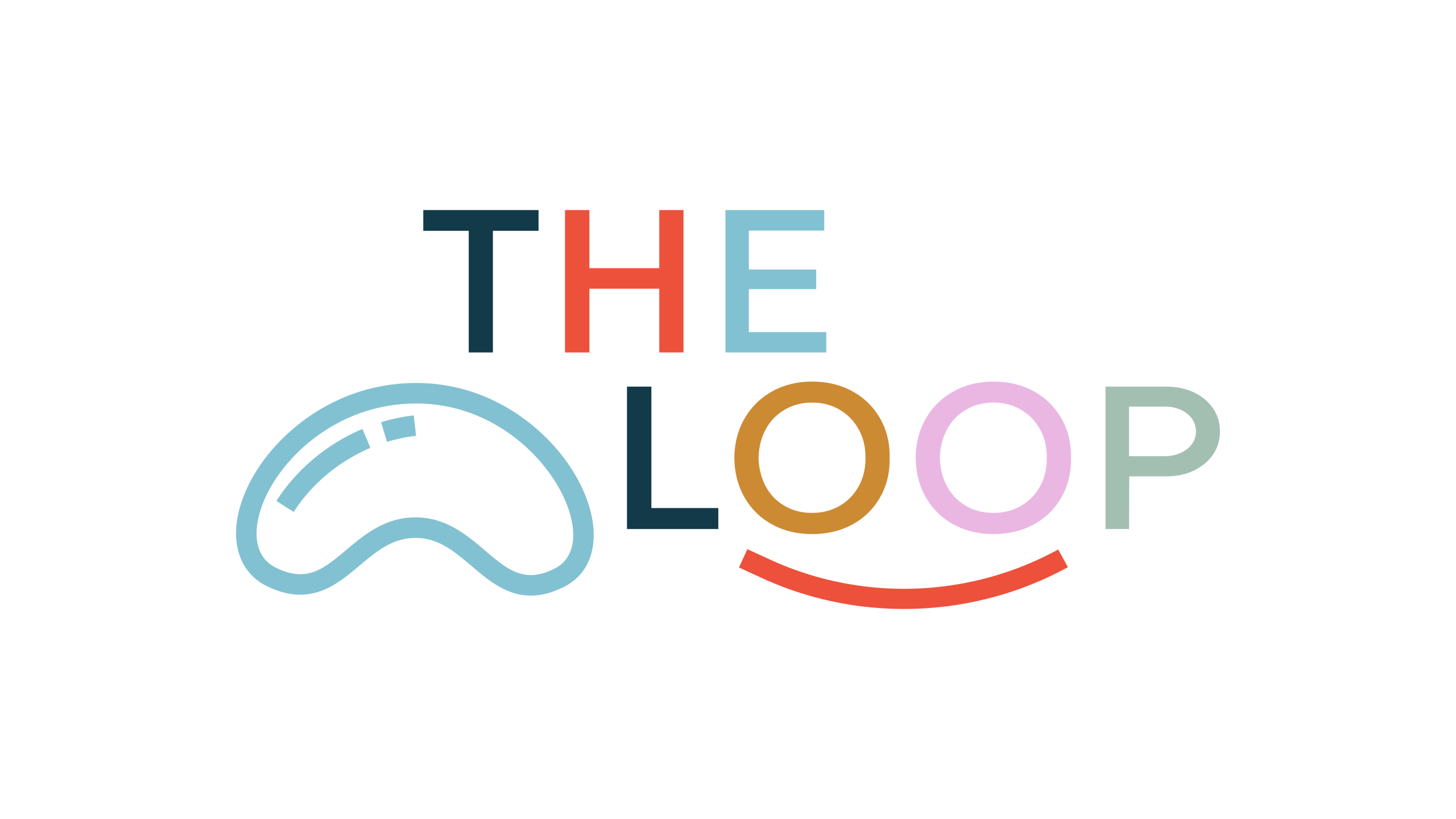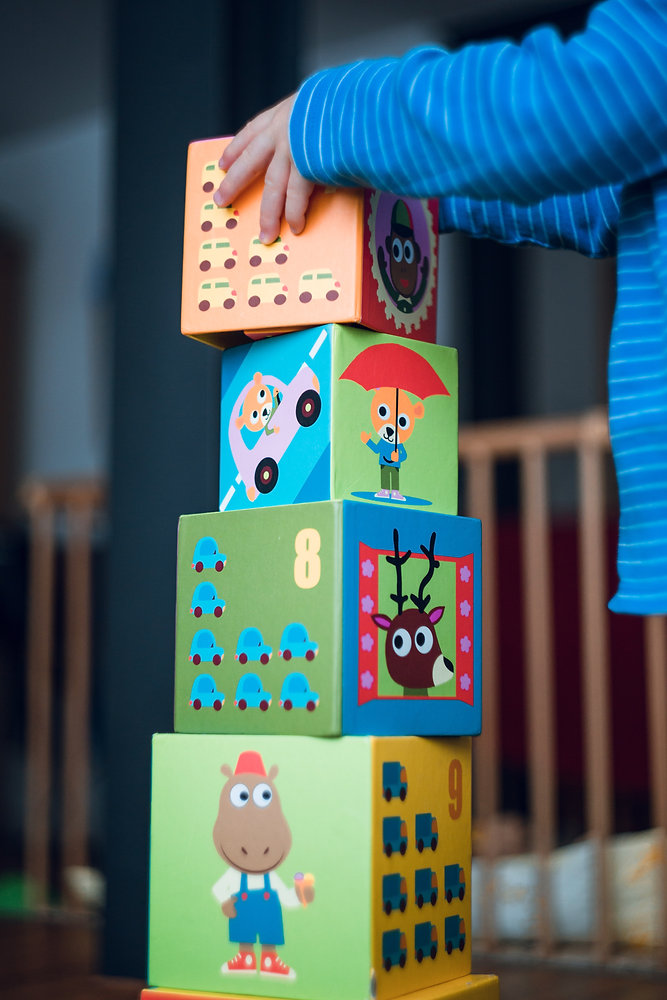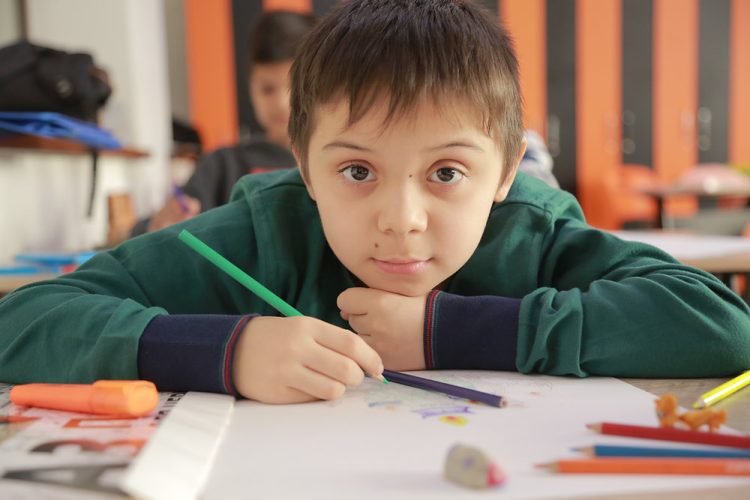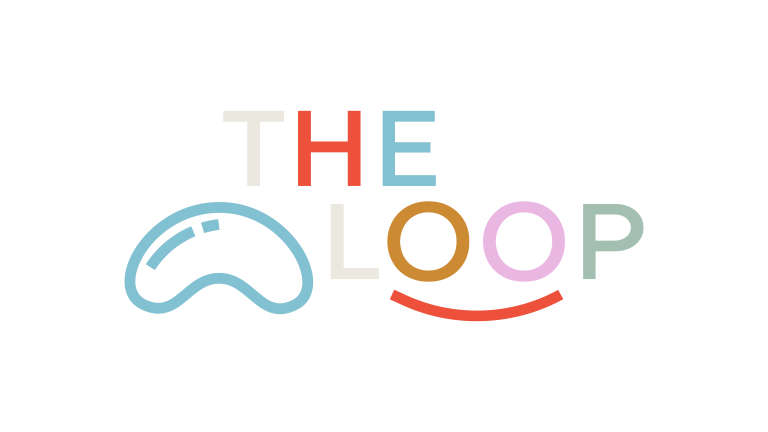Children and adults experience a common joy when reading together. When you hear a child giggle or gasp at events in a story, you know that you are engaging in an invaluable activity for your child. Most parents want to raise readers. The way to do so is straightforward. Yet in our era of screens and busy schedules for our children, we have to be proactive to ensure that we are passing along the joy of reading to the next generation.Here are some good strategies to raise children who love to r
read more
When our kids are little, their brains and mouths are growing so fast and still learning to work together. So, errors in their speech are common and, generally, not a cause for concern. But when these issues persist into later childhood, they’re no longer developmentally appropriate and may require treatment to be overcome. Learn more about Articulation Disorders and how The Loop can support your child’s speech, language, and learning!
read more
As an educator, you’ve probably interacted with your school’s Occupational Therapist at some point. Maybe you’re even friendly with them. But be honest—do you *really* know what they do? In this blog post you can learn more about an OT’s role in the school and how you can collaborate to best support the students in your class.
read more
Kids all develop at their own pace. Just get a group of same-aged kiddos together on the playground and you’ll witness this principle in action. Max is swinging from the money bars like he was born in the treetops…Hailey is cautious with the slide but she’s directing and leading a group of friends in a game of hide and seek…Taylor’s showing off her balance skills on the wobbly bridge…And Adam is digging in the sandbox while singing all of his favorite songs…They may be the same age, but they’re
read more
If you’re like most people, you probably think of scripts as what actors use to learn their lines. So, why would we be talking about scripts in a blog focused on educational supports and therapy services for children in school? Well, that’s because scripts actually have a much wider use than for strictly theatrical purposes. In fact, you already use social scripts each and every day of your life!
read more
Childhood Apraxia of Speech (CAS), or simply apraxia, as it’s also called, is another type of speech sound disorder that falls under the communication disorders umbrella. You may also hear it referred to as oral apraxia or verbal apraxia.
In contrast to other speech disorders, apraxia doesn’t stem from issues with the speech musculature itself. Instead, apraxia involves difficulties in the brain’s ability to coordinate and smoothly execute the movements necessary for clear and accurate speech.
read more
As an educator in the modern school system, you’ve undoubtedly interacted with students on the autism spectrum. Today, educational professionals are better equipped to recognize the signs and symptoms of autism in the children who experience it. This has improved our ability to diagnose the issue earlier on in a child’s development. As a result, we’re often able to begin addressing this disorder with treatment and educational modifications much sooner than previously.
read more
We all know—reading is fundamental. Literacy is a cornerstone of our modern society. Glance around, and everywhere you look you’ll find something to read. From road signs to texts, directories to labels—written language is all over our daily lives. When your child begins gaining the foundations of their literacy skills, it can be both an exciting and frustrating time—for both them and you. Learning to read is a complex process—one that takes time, effort, energy, and the development of several
read more
Kids are people. And, just like everyone, they have different personalities and ways of experiencing and interacting with the world. As a parent, you’re raising your child to be a fully functioning adult. And this includes an awareness of how to navigate emotional regulation skills. But this path can be full of pitfalls. That’s because emotional regulation is tough. Especially when your brain hasn’t yet finished growing and developing. It’s a moving target, to say the least. Your child needs you
read more
It’s been said—no person is an island. We all need a little extra help and support now and then. It’s an important part of being human—we’re well known to be social creatures who thrive in a community setting. So, if your child needs a little extra support and assistance to thrive in their school years—we’re here for you! Many kids benefit from learning support services, to enhance their ability to learn and succeed in school.
read more

